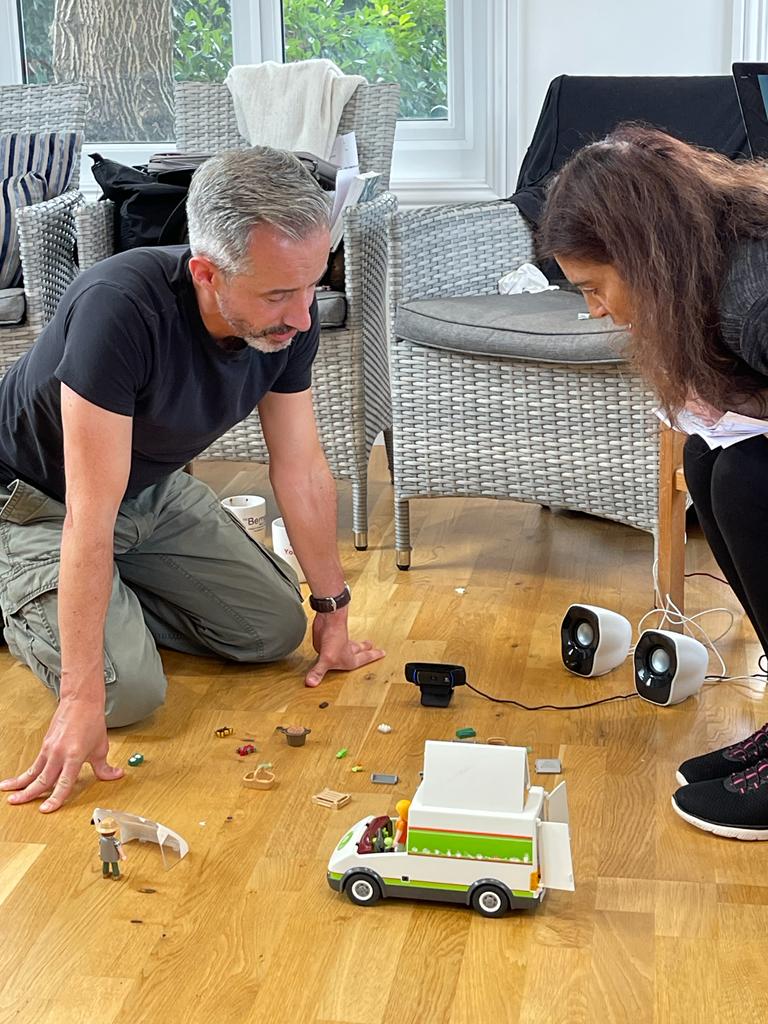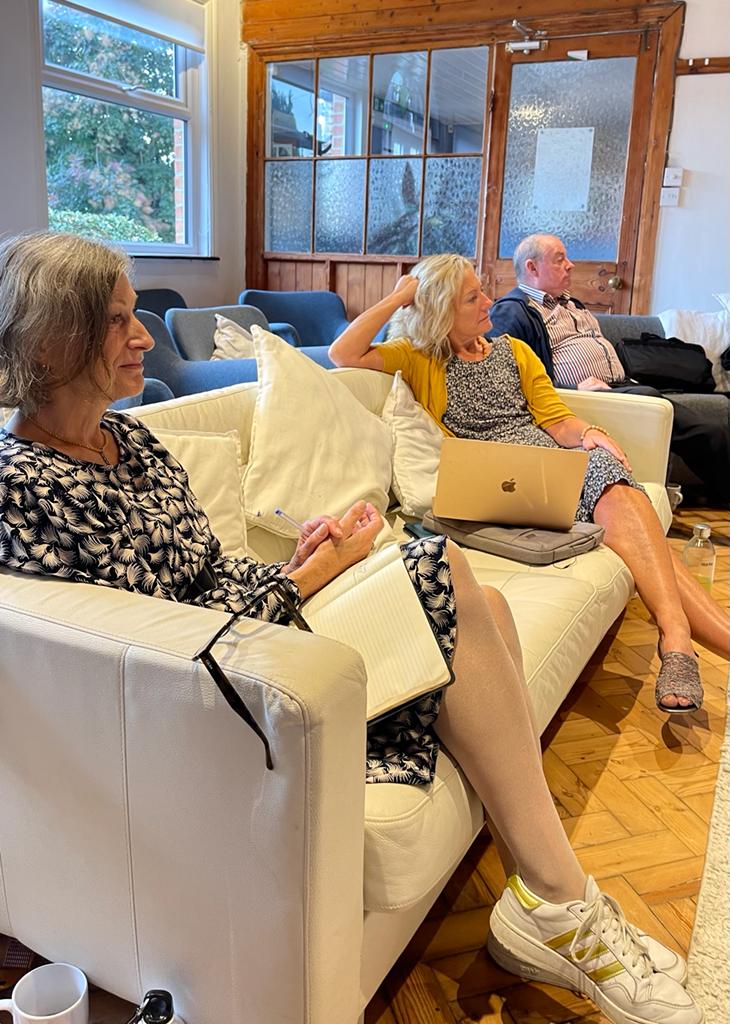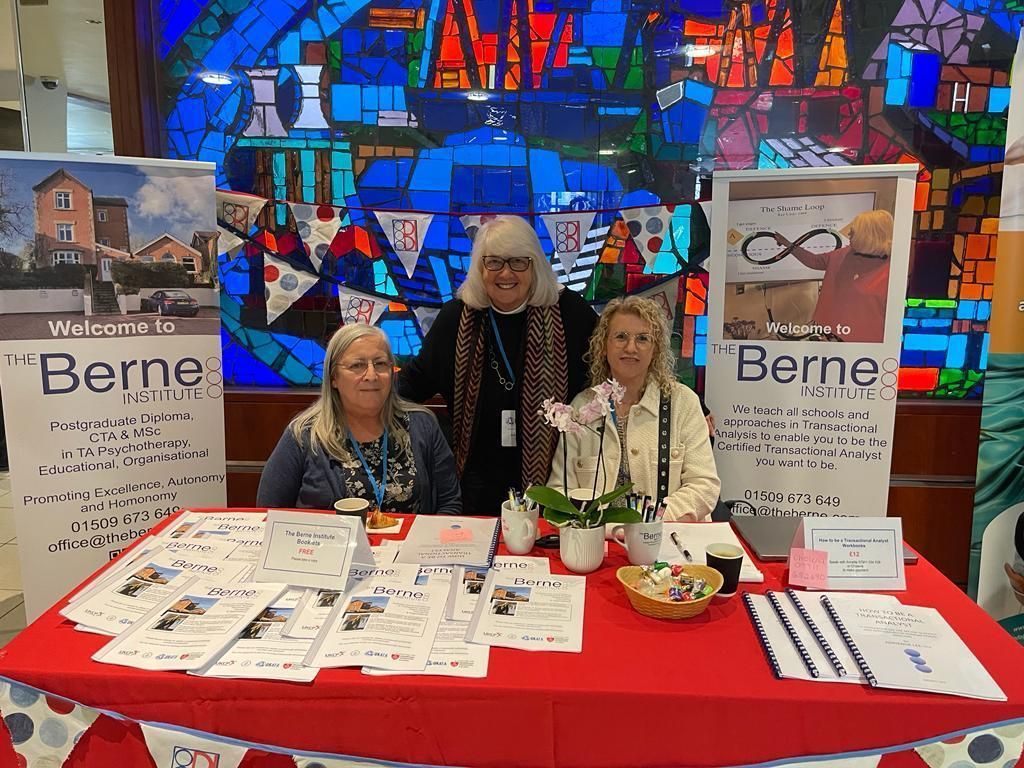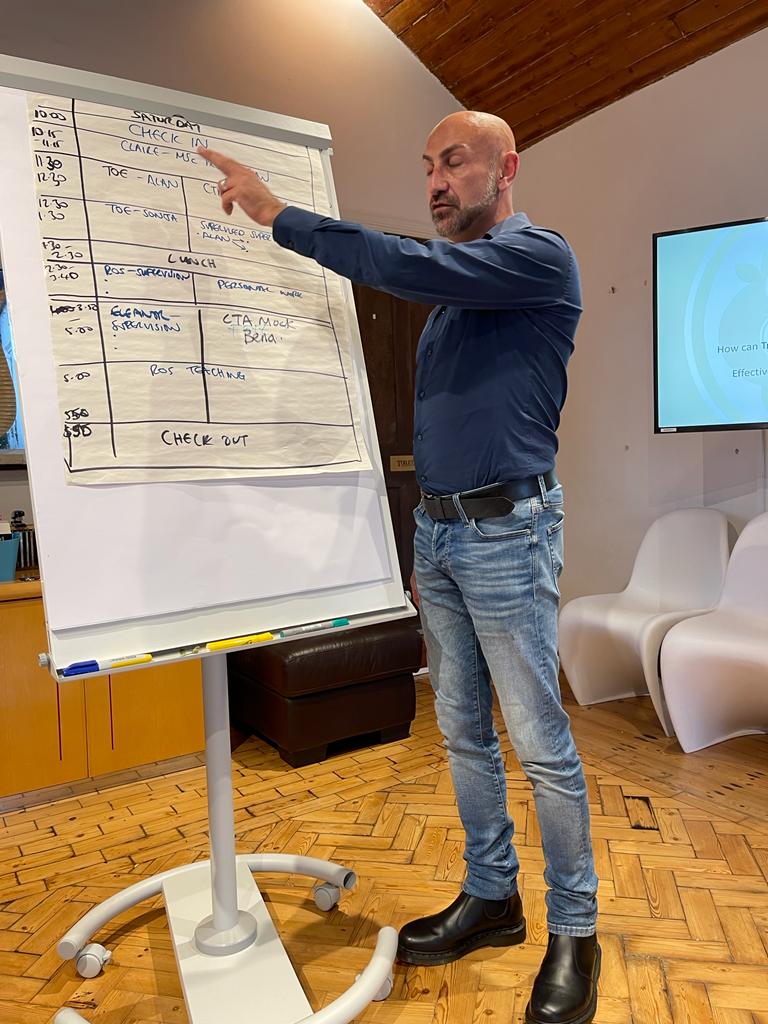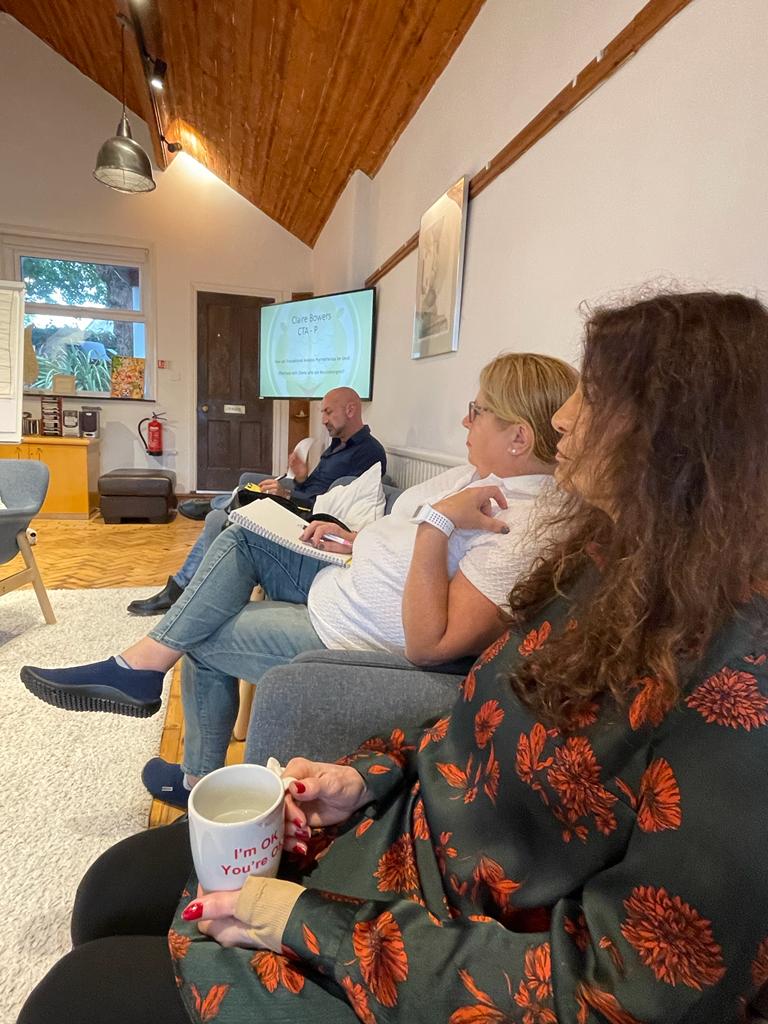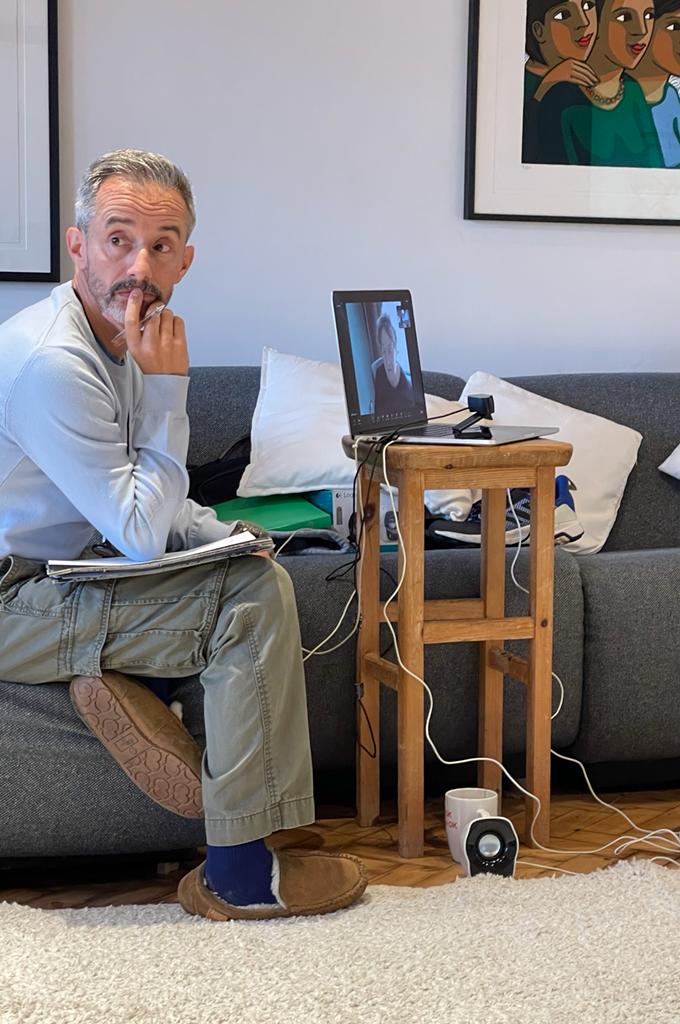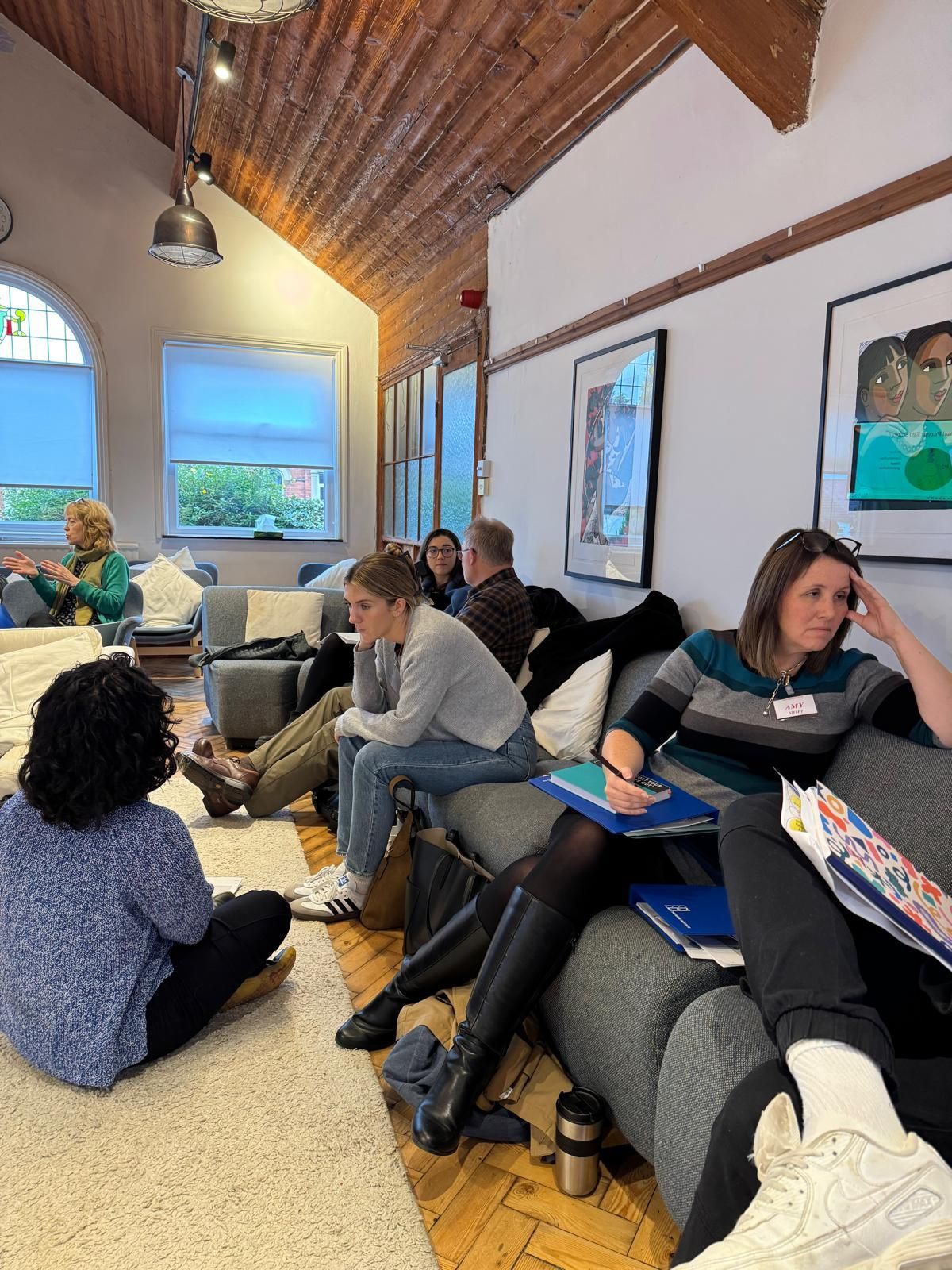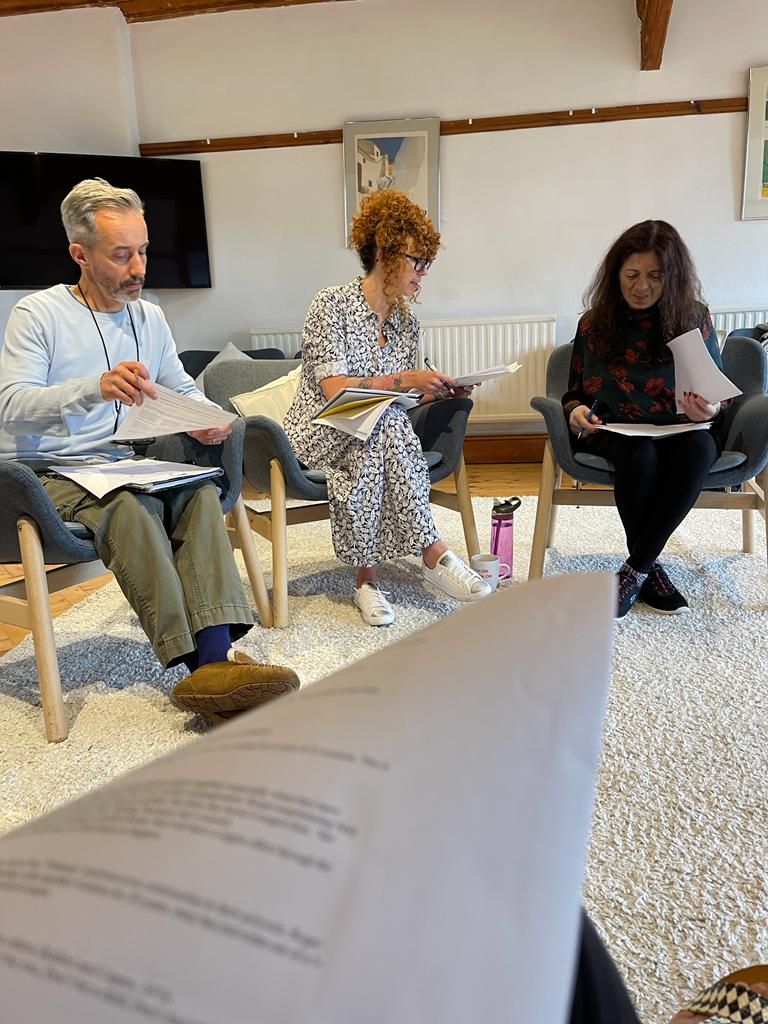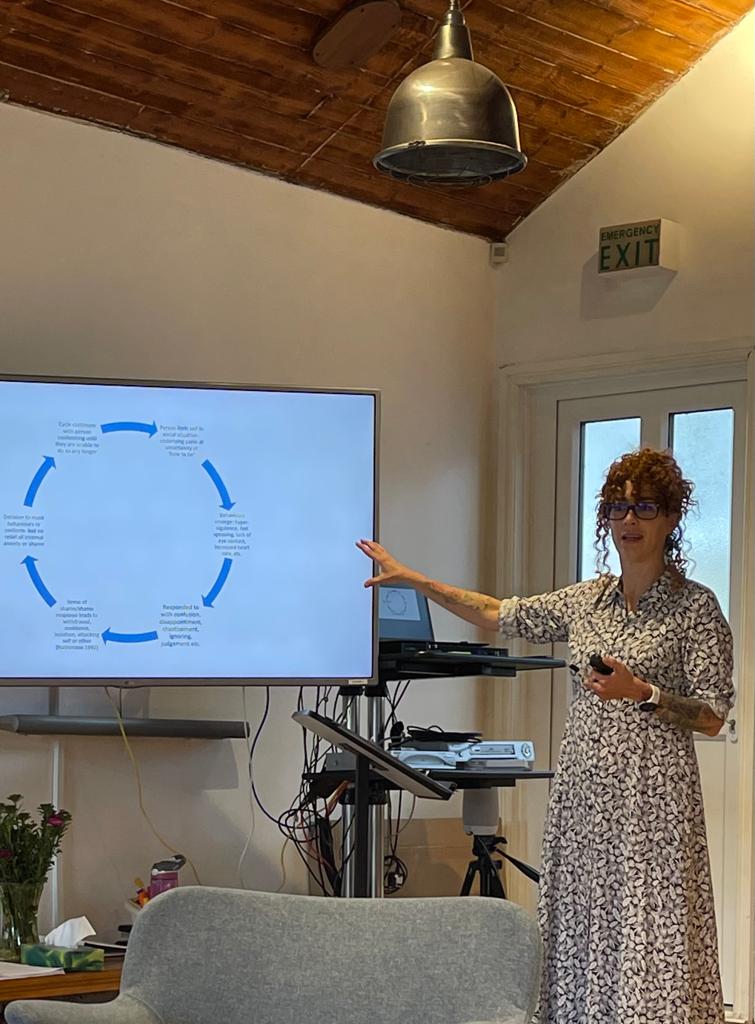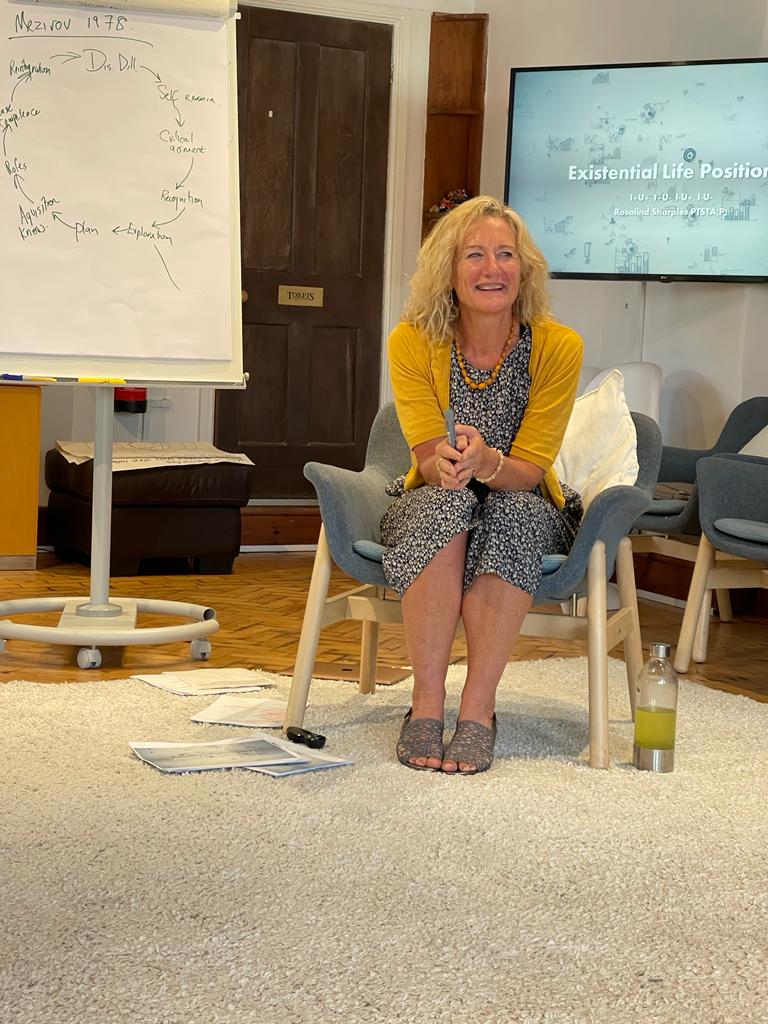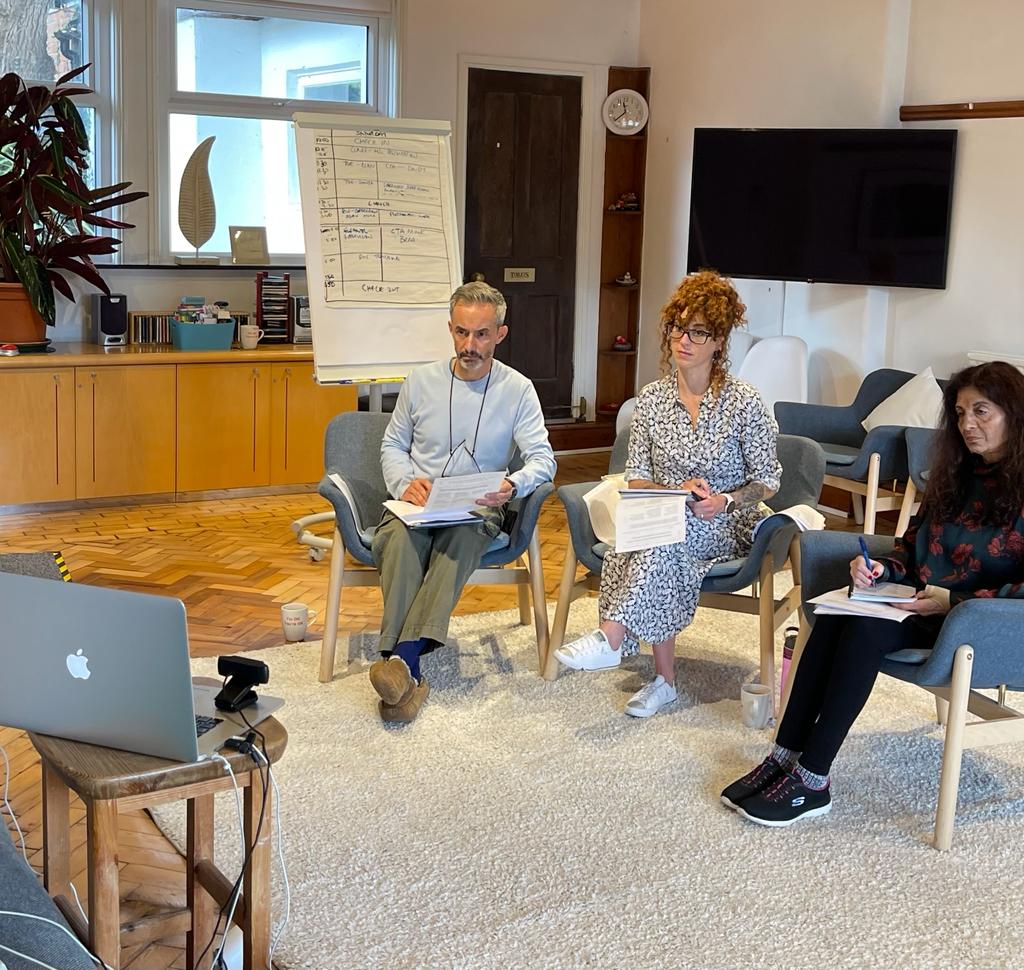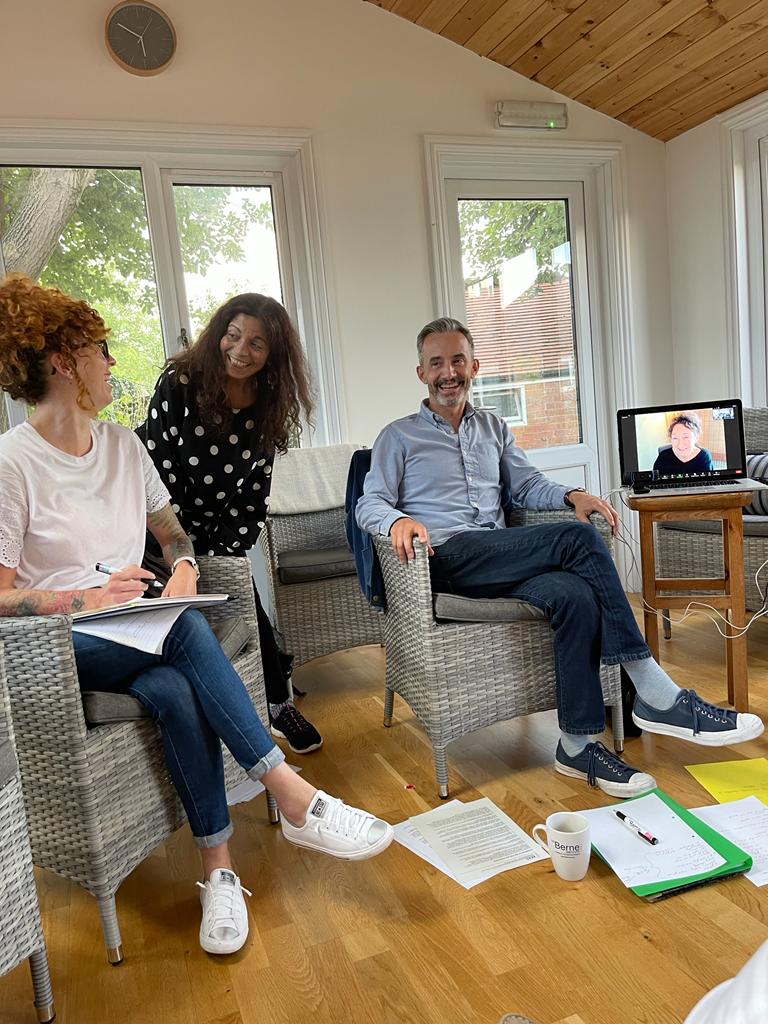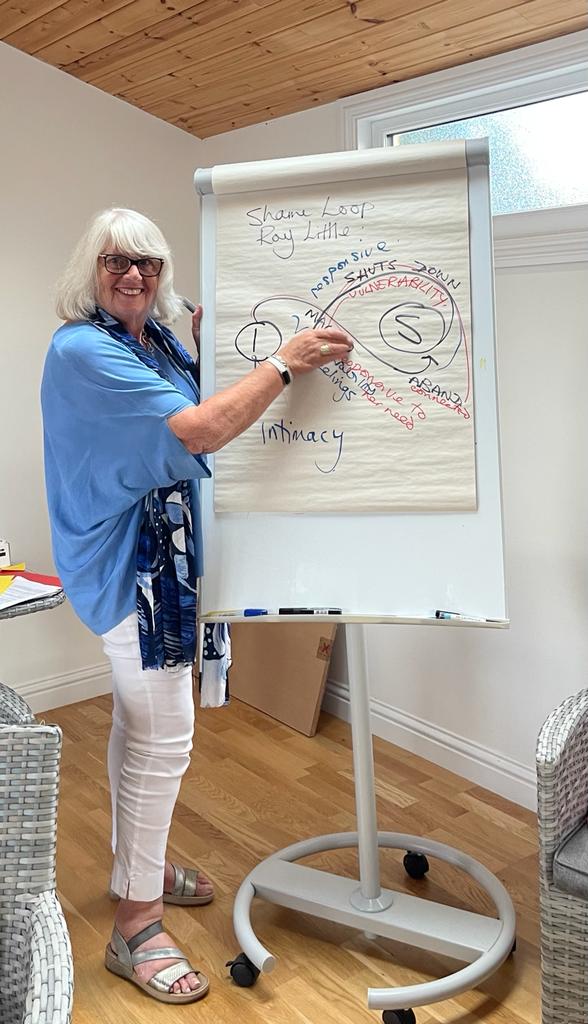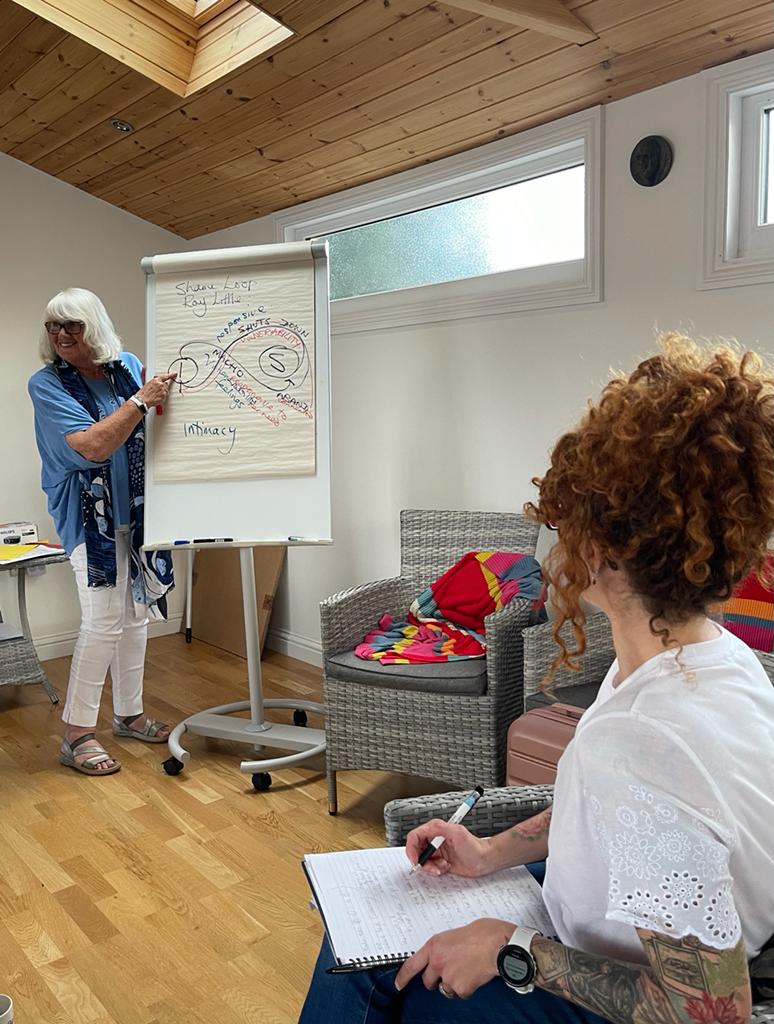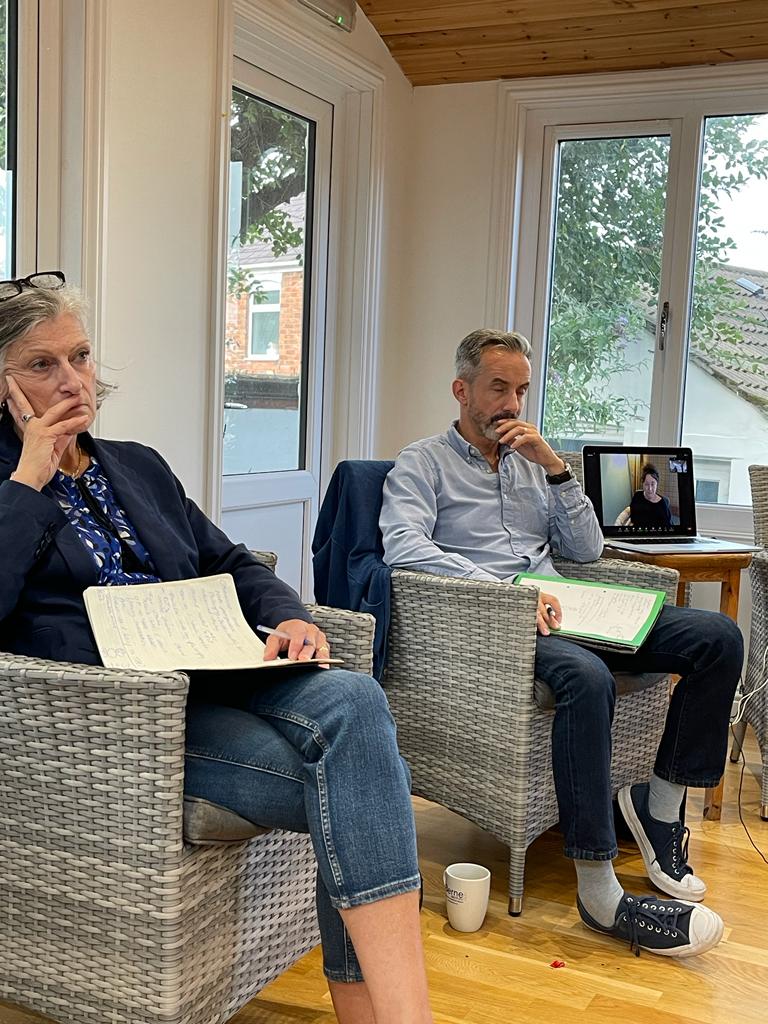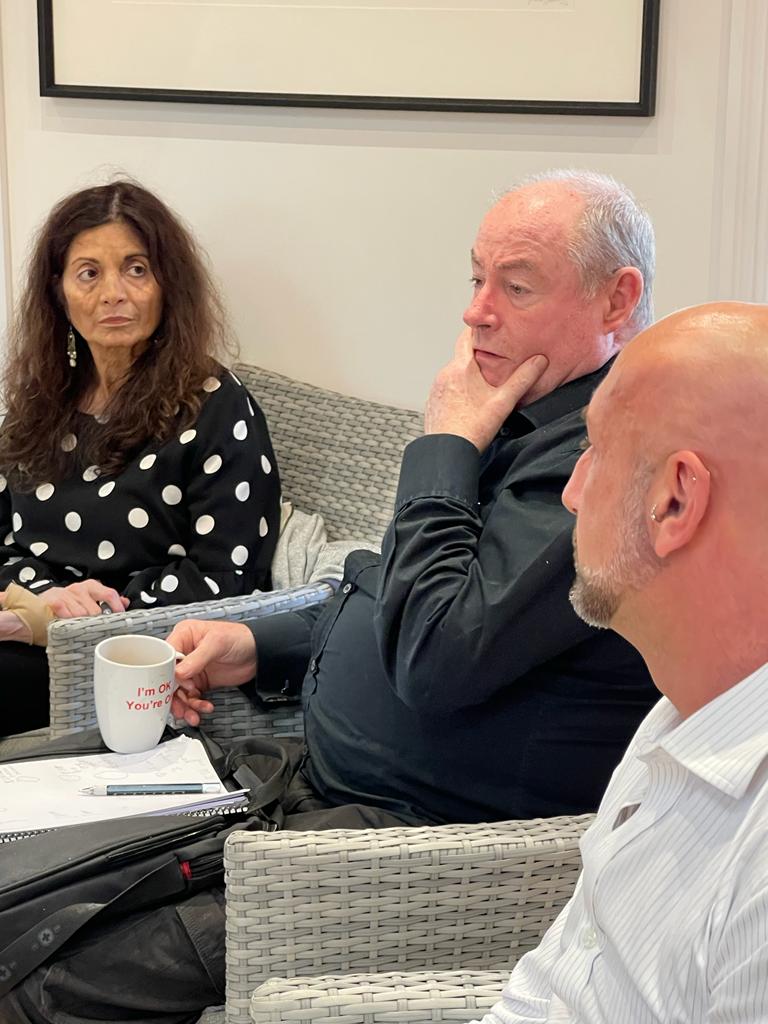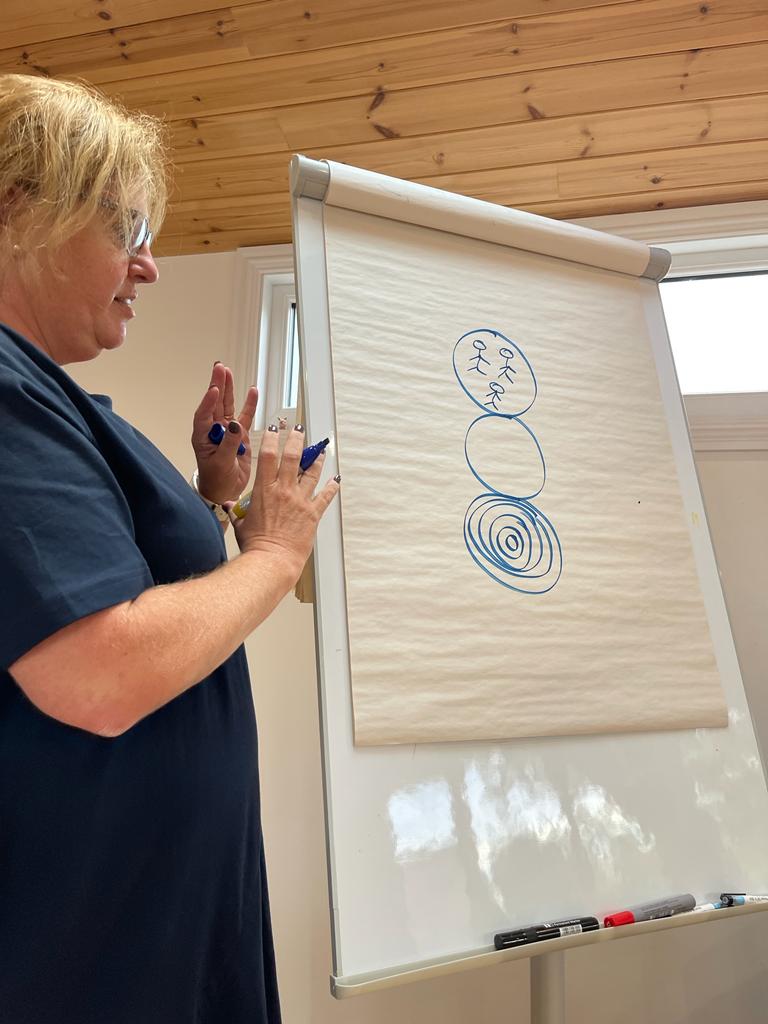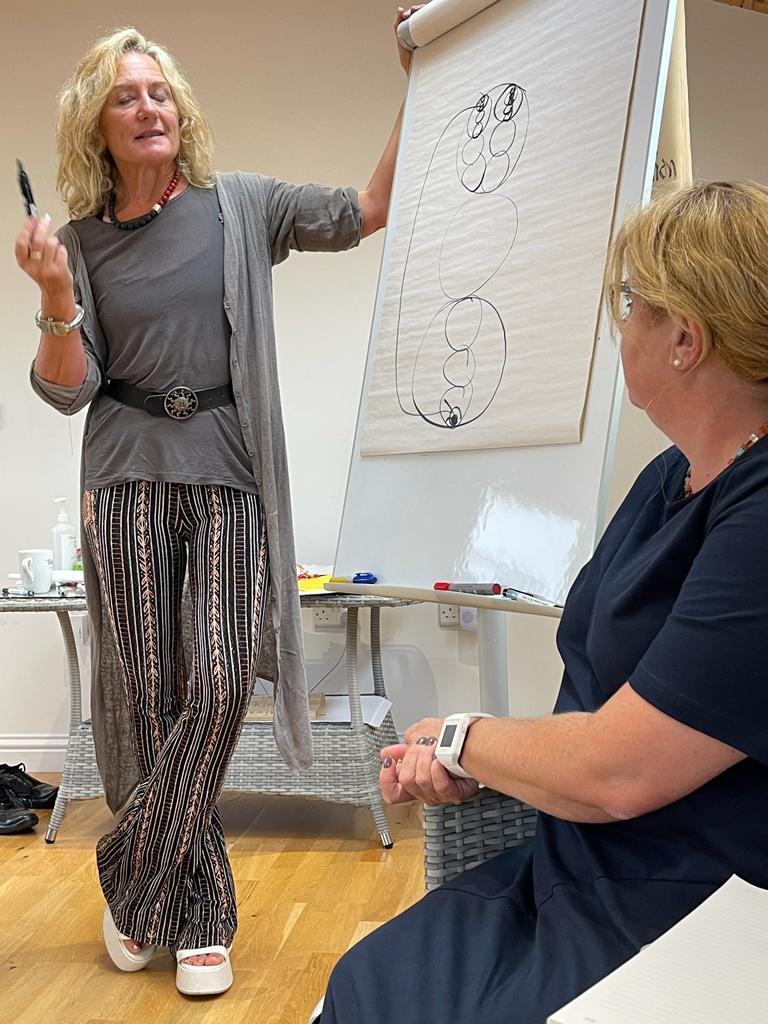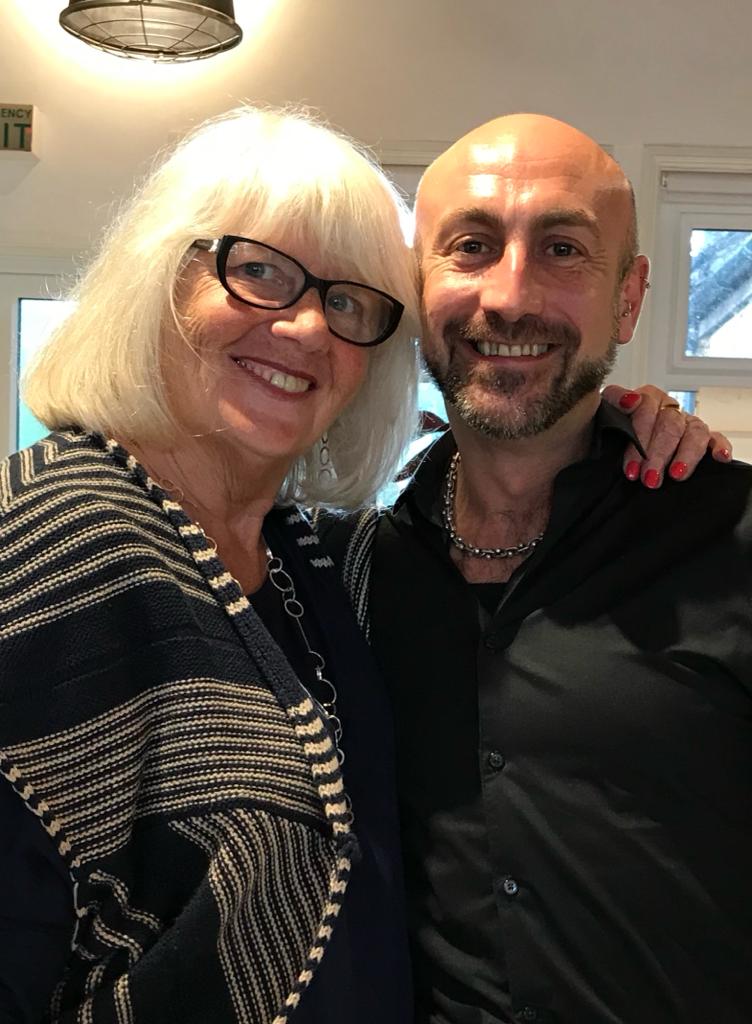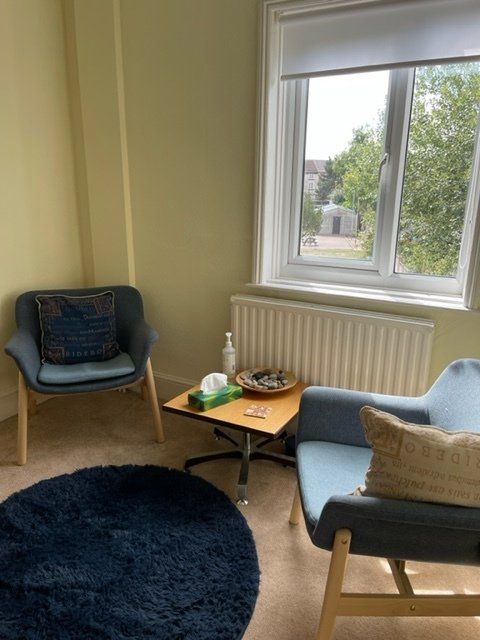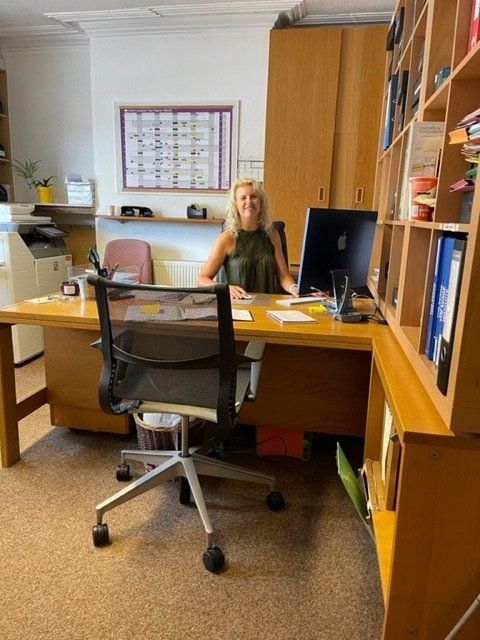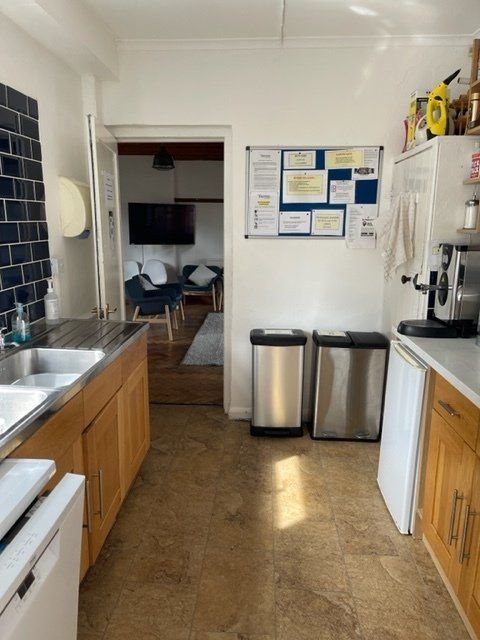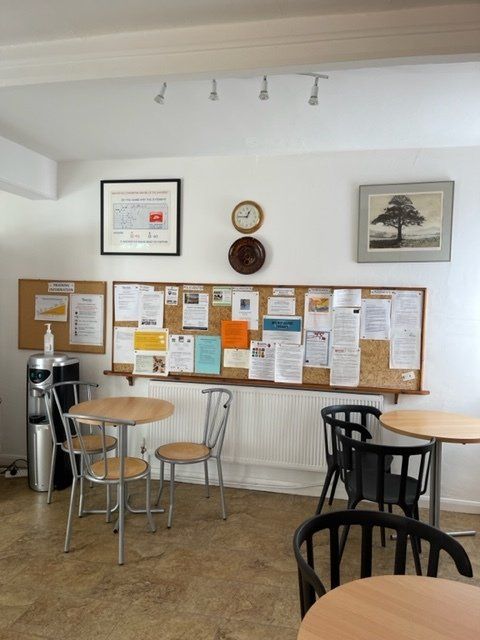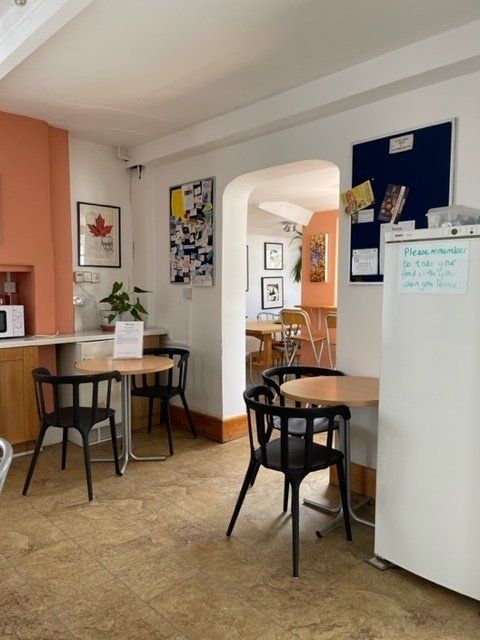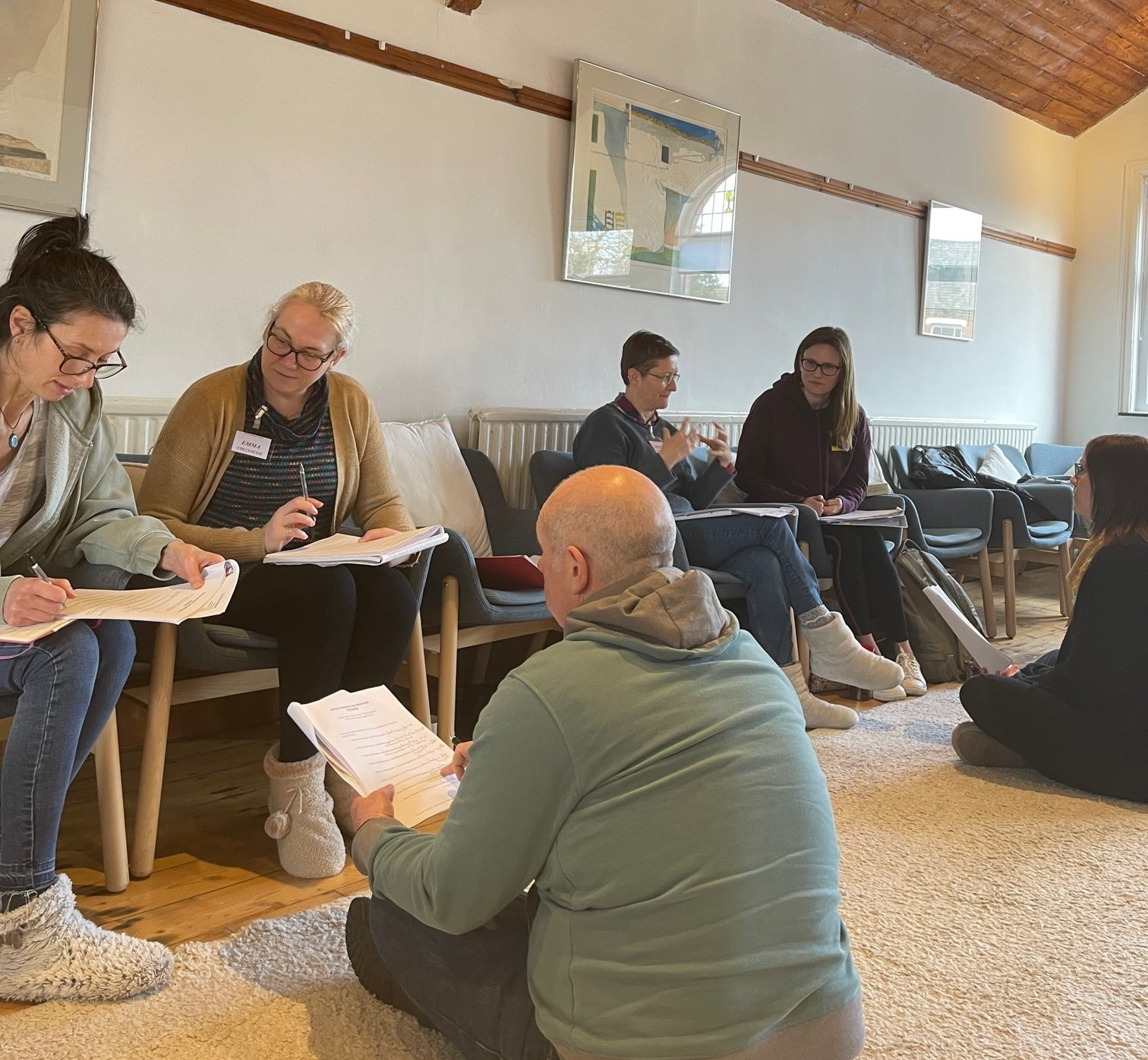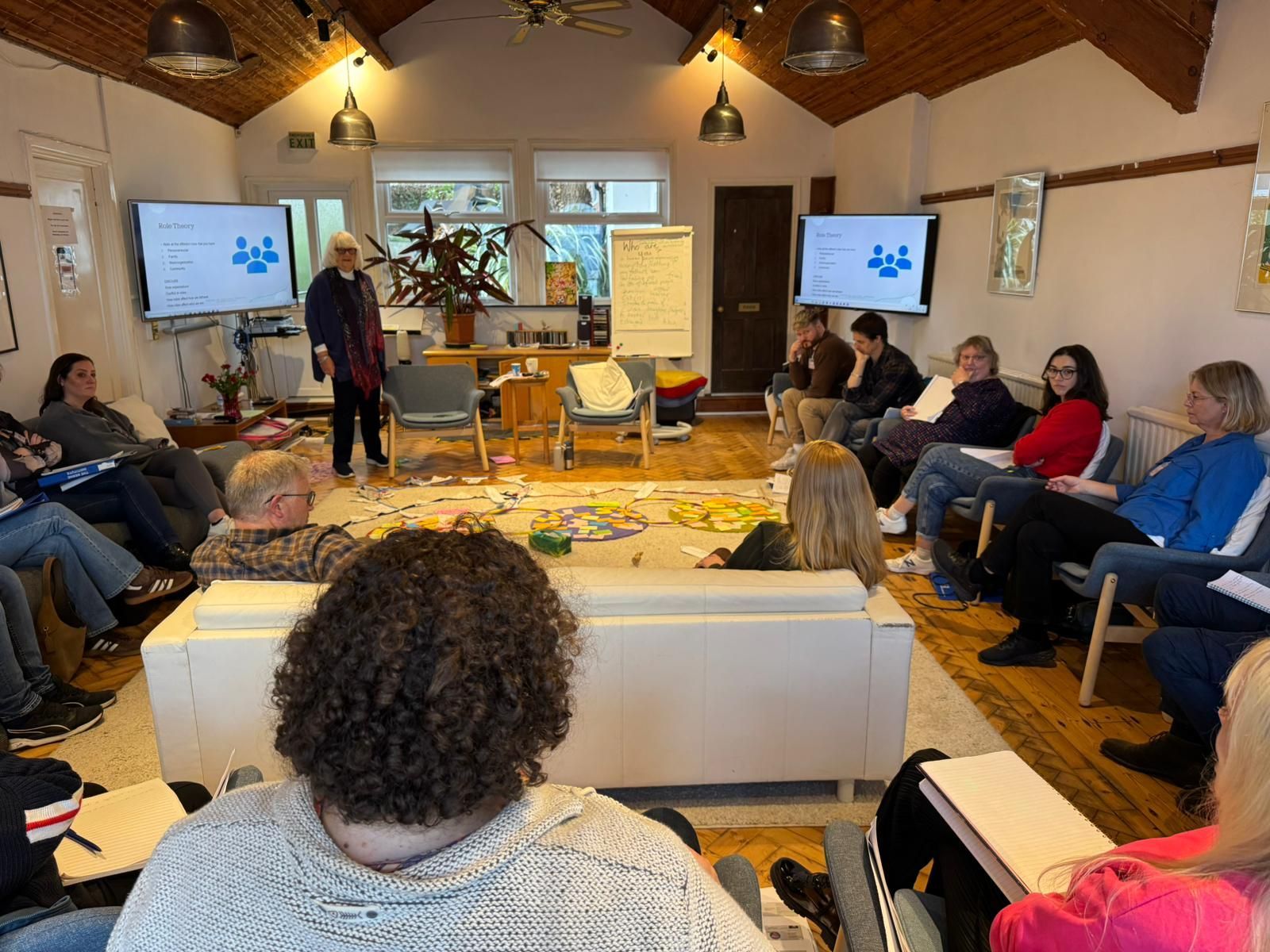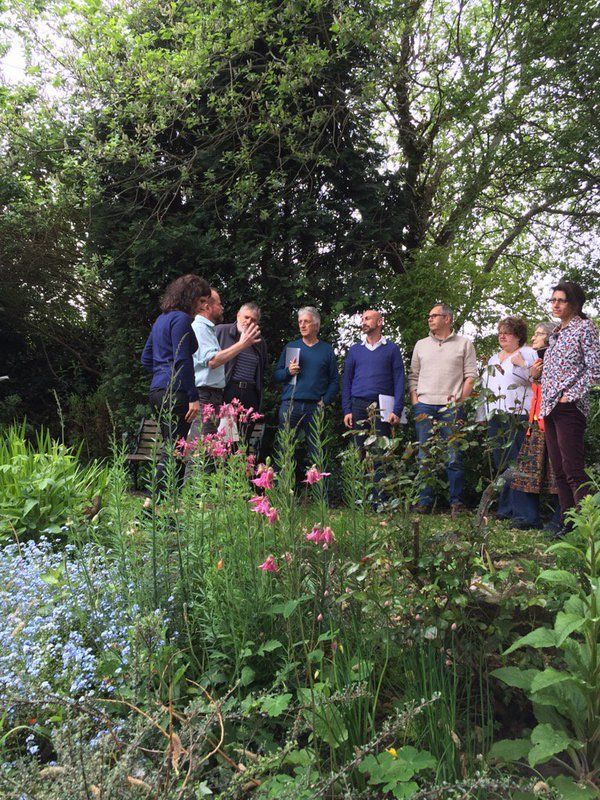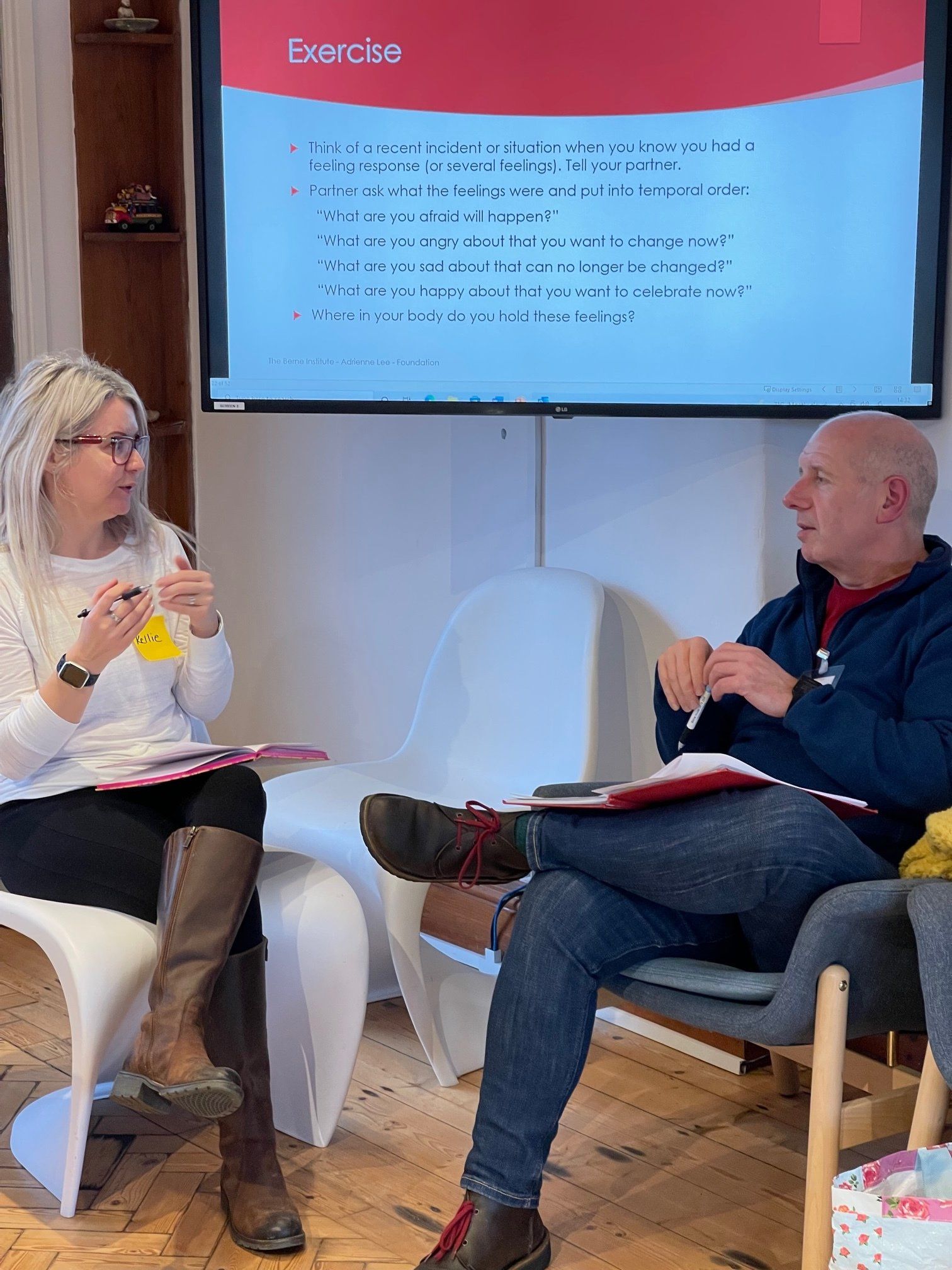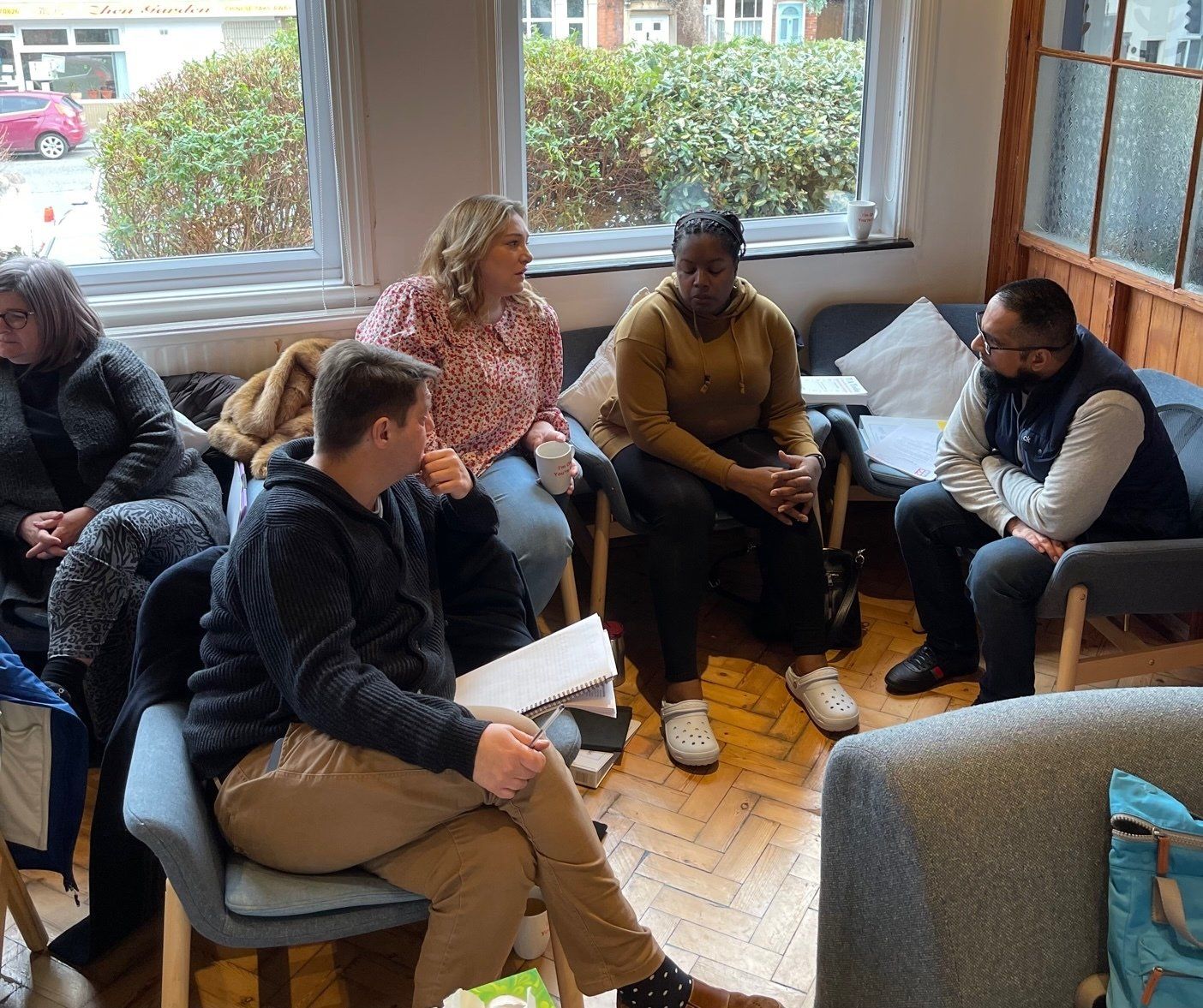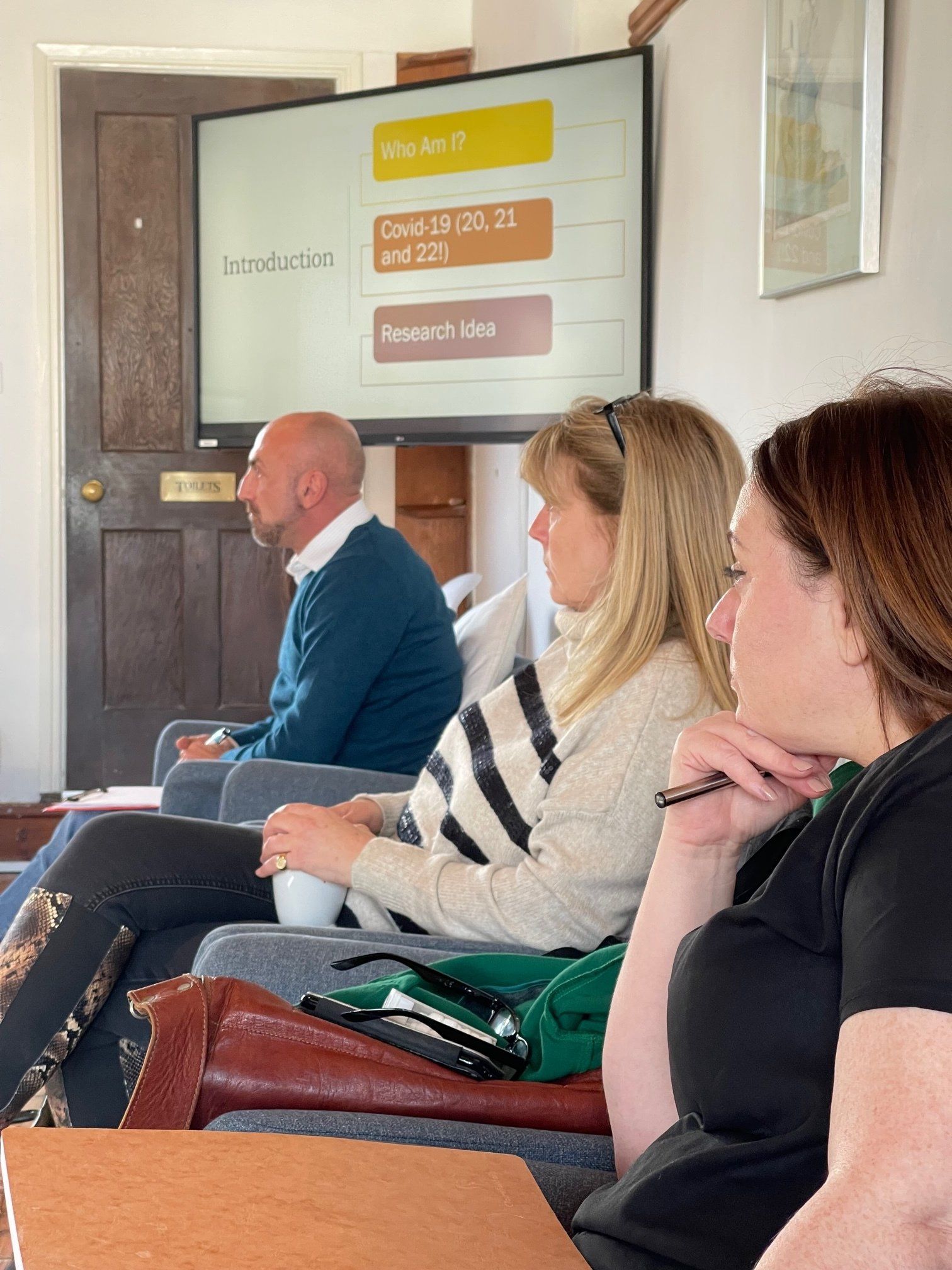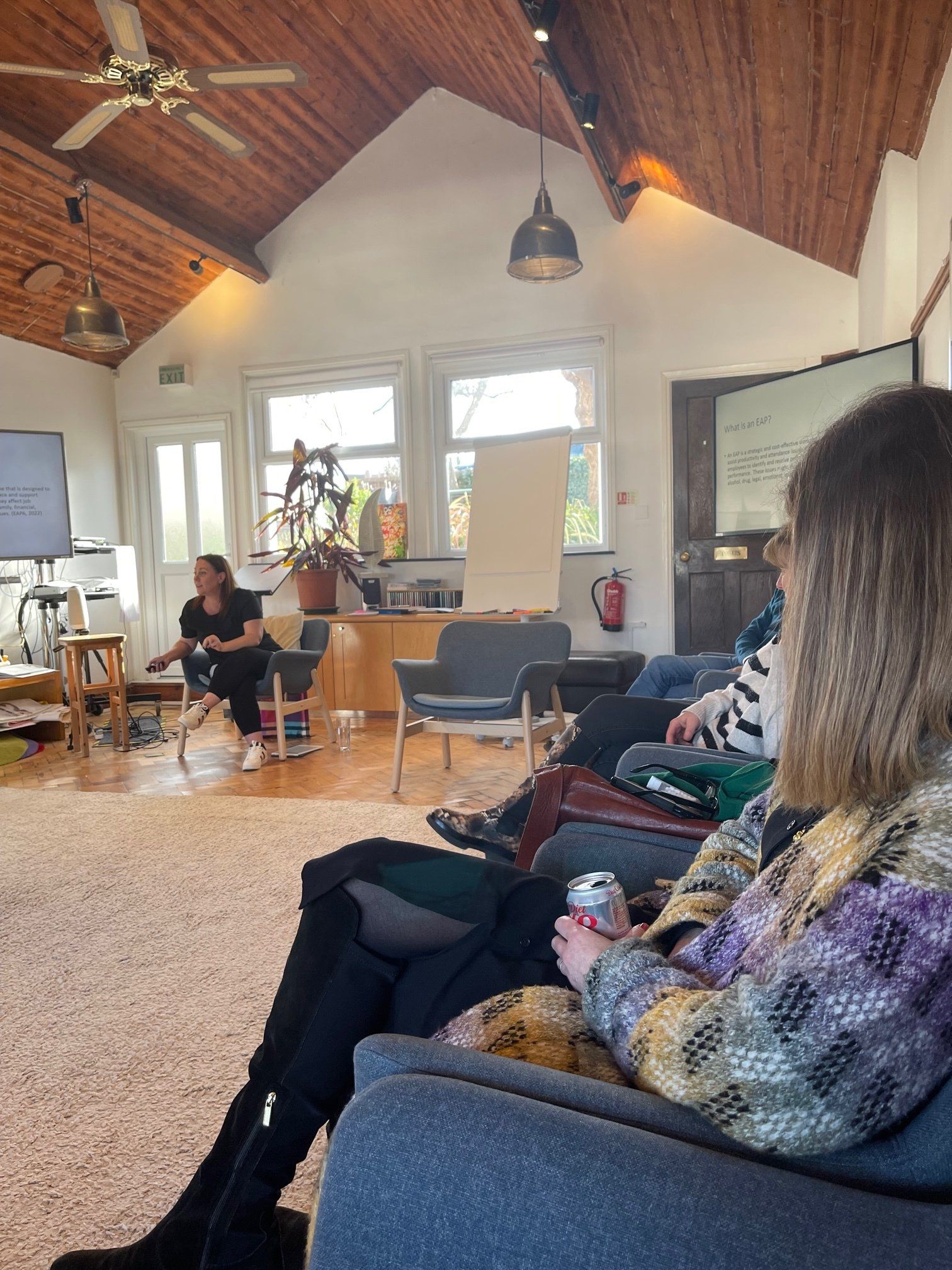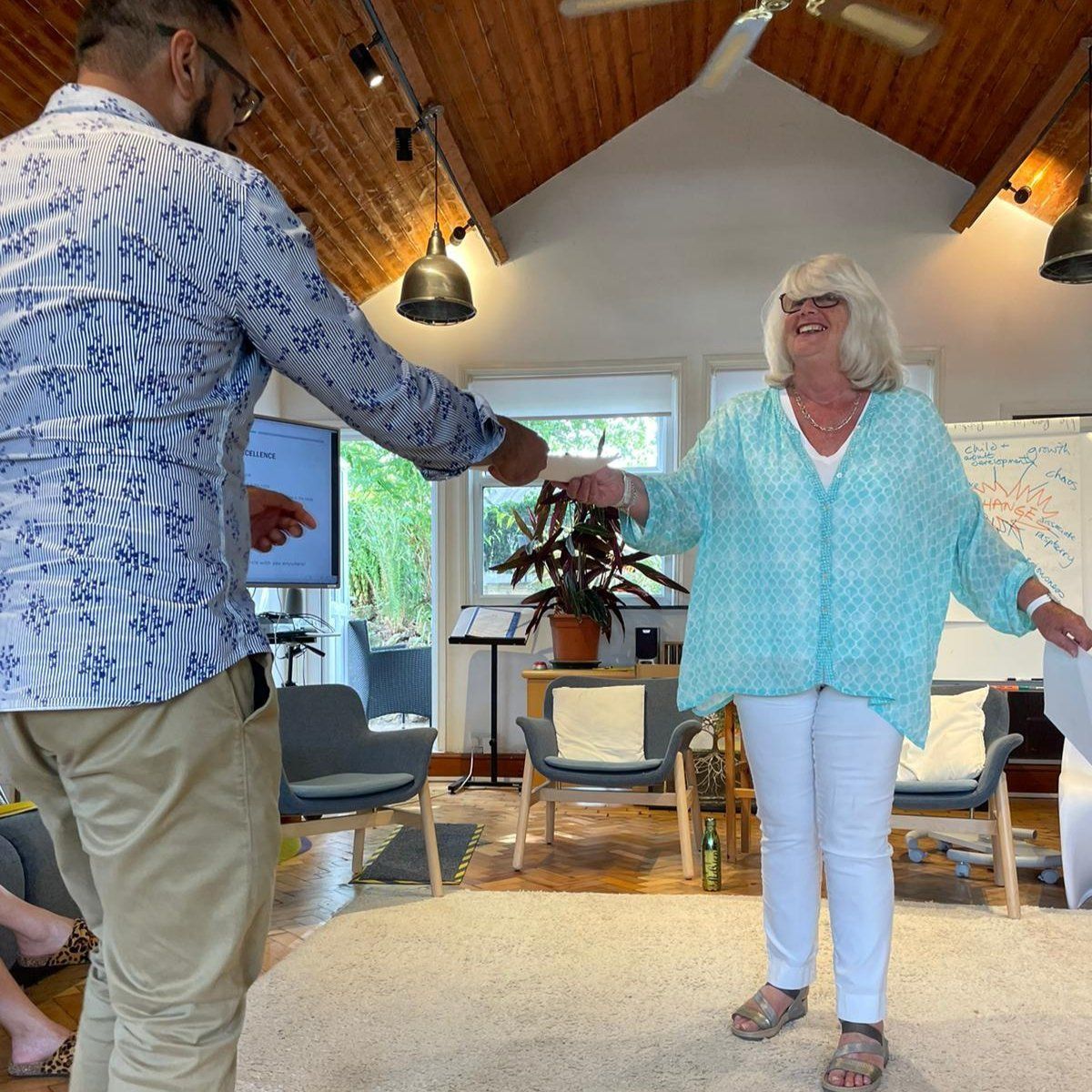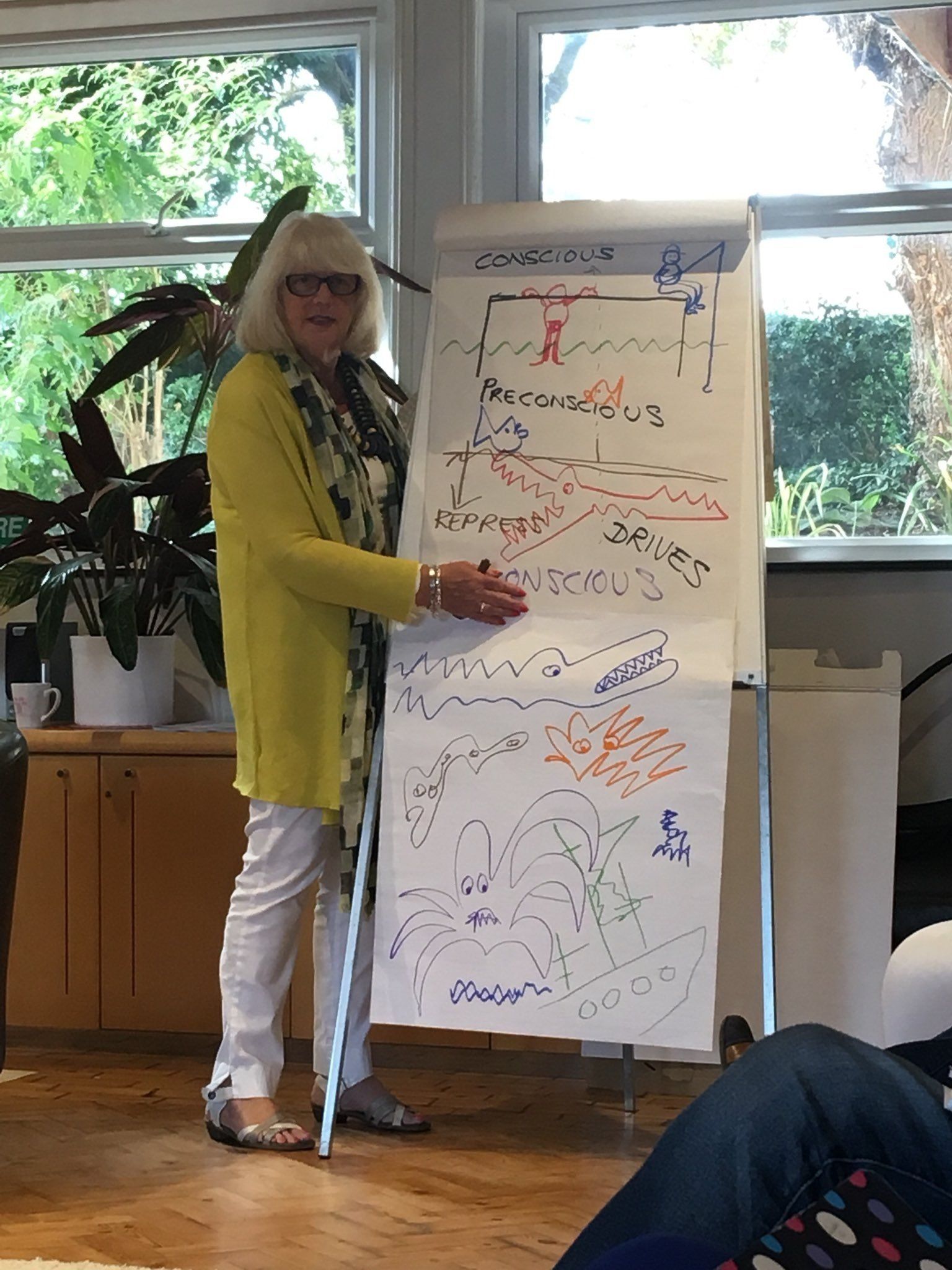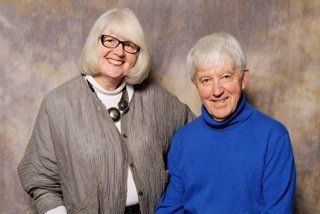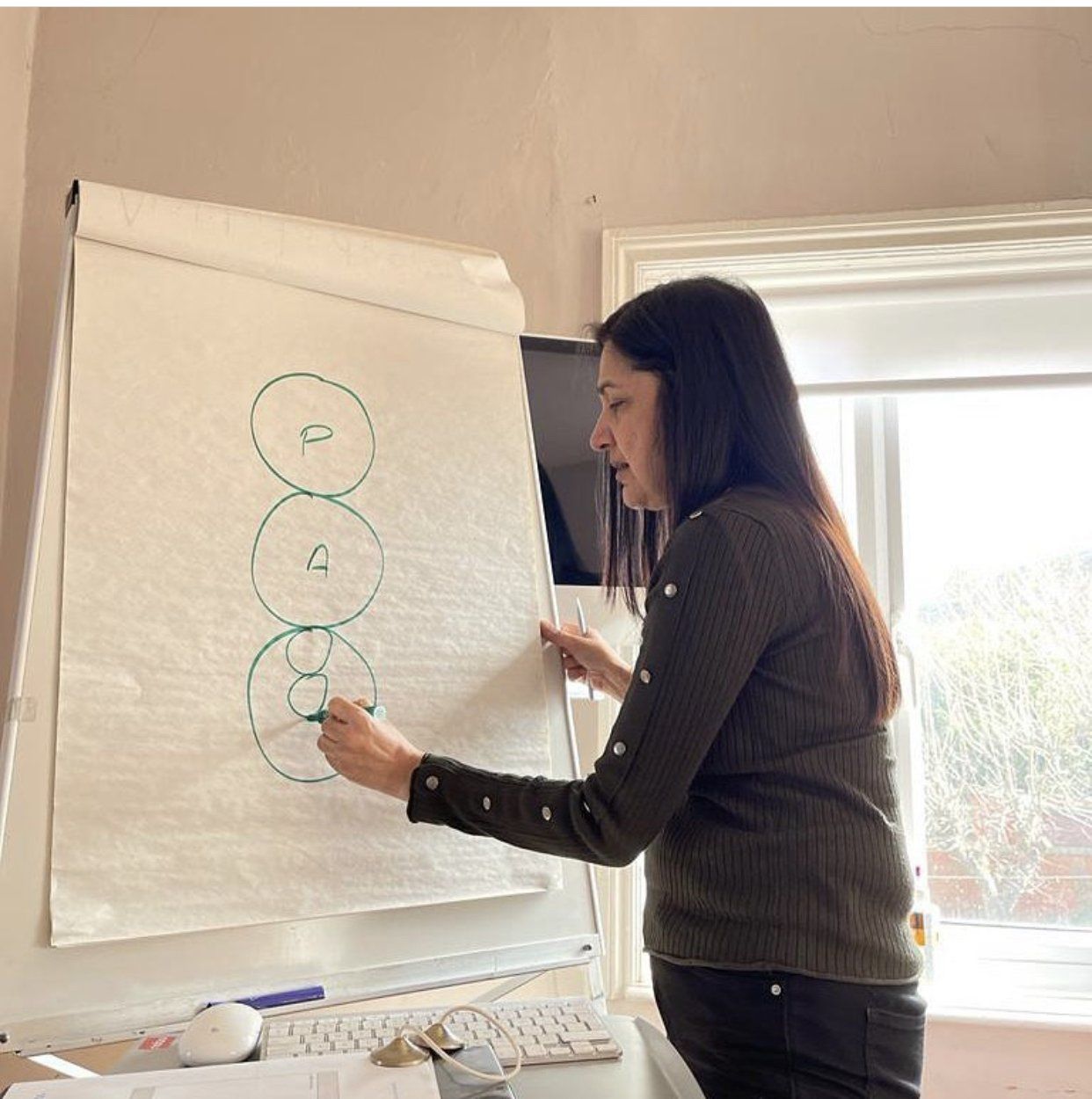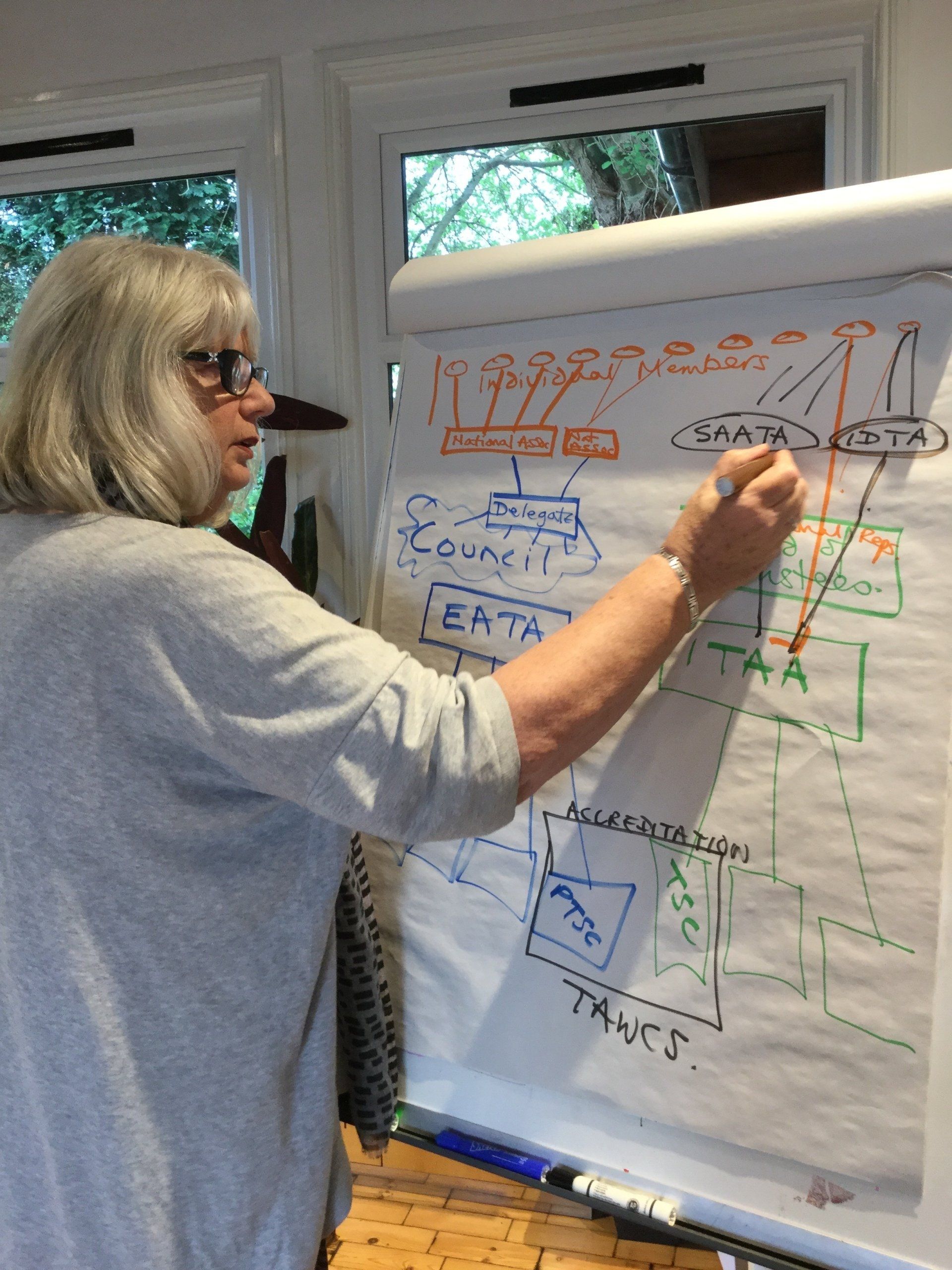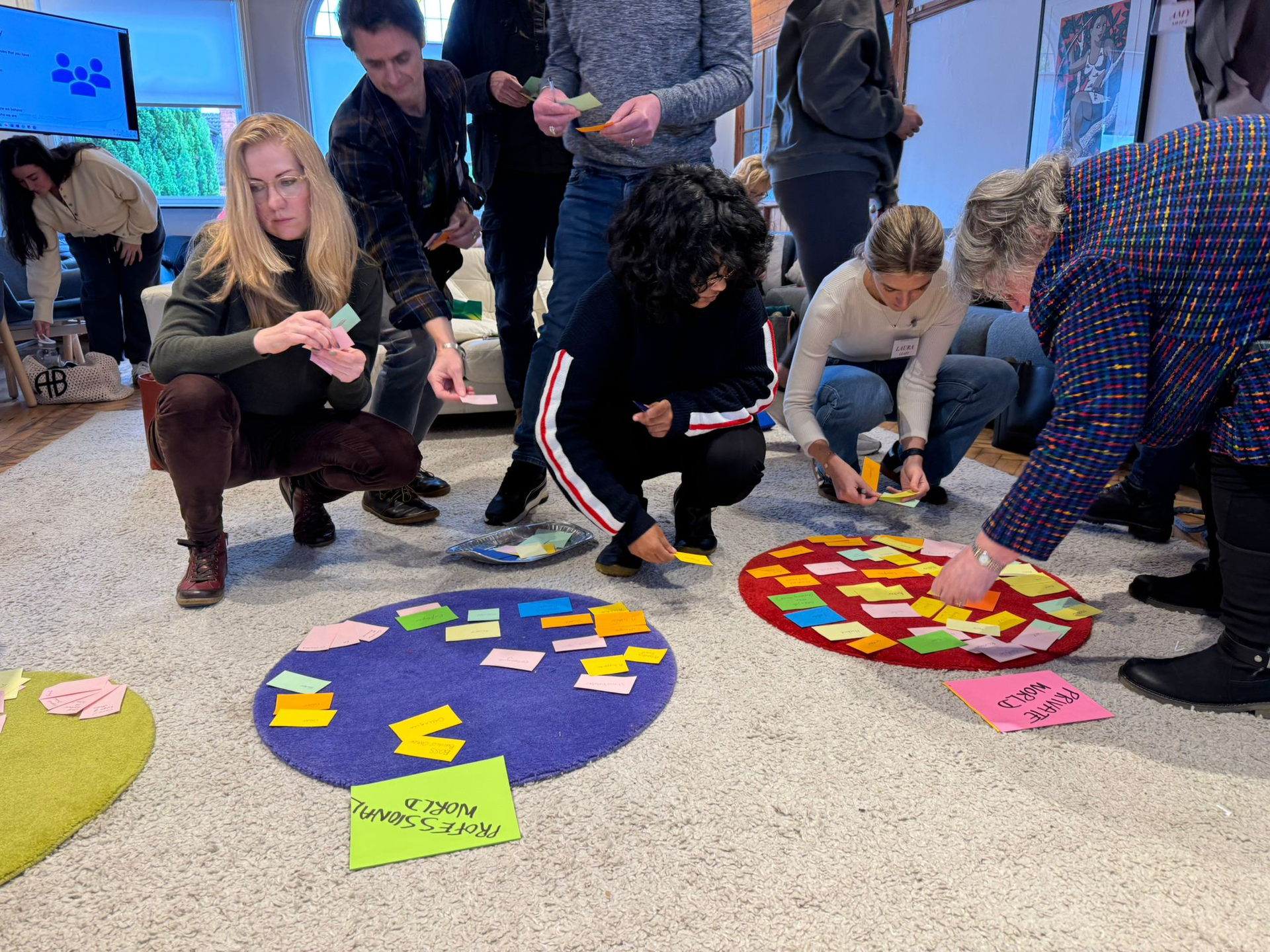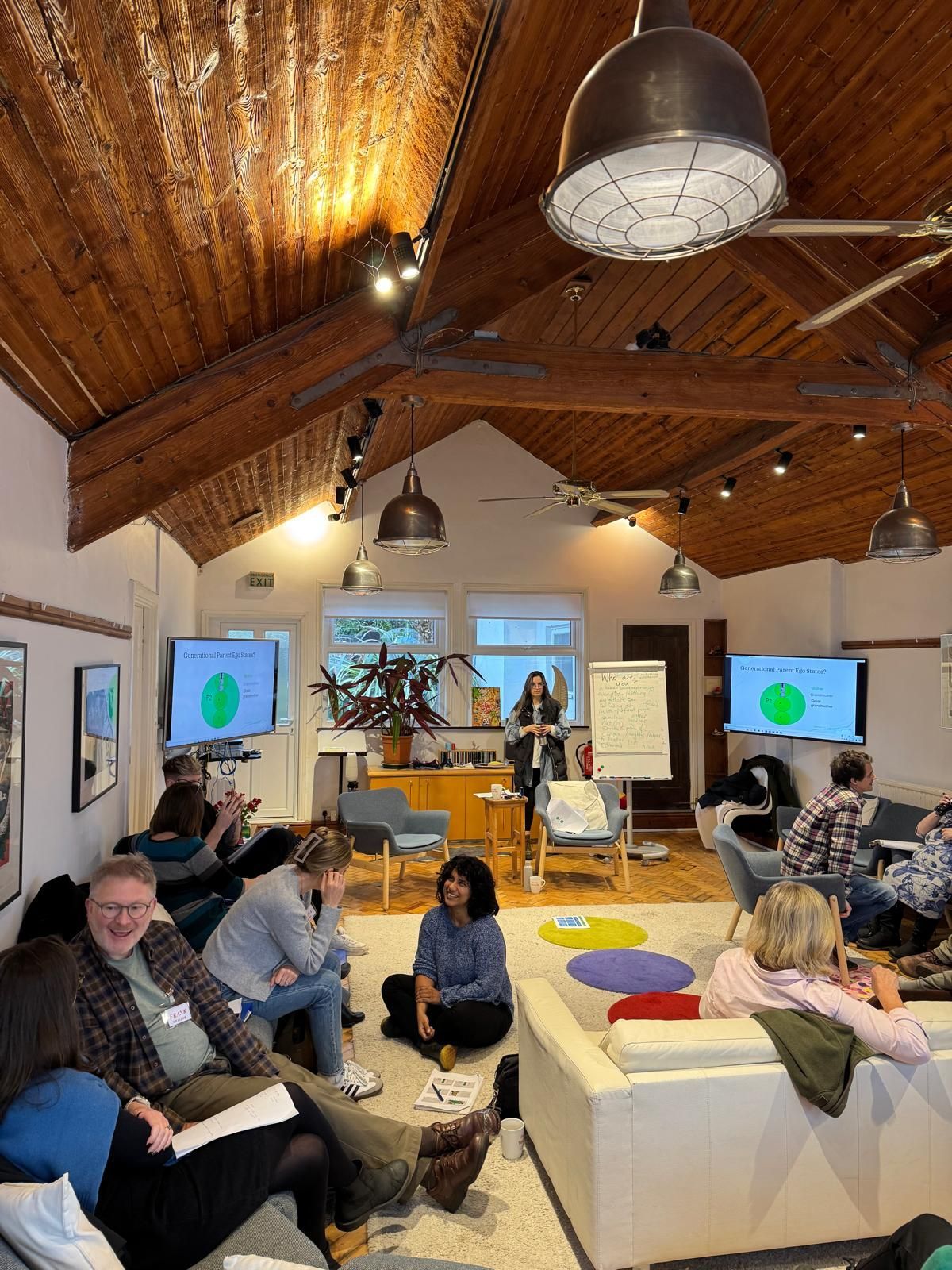Educational Advanced Training
and CTA / MSc
About the Course
The advanced TA Education programme at The Berne focuses on developing a deeper understanding of TA models and processes and how these can be used to support learning in whatever setting learning takes place. Three aspects of learning are at the core of the program: you as a teacher/trainer/facilitator of learning; the pupils/students/learners and how learning takes place for them; and how we (as educators) can support, nurture and encourage learning to take place through focusing on developing a supportive teacher/pupil or trainer/learner relationship. The program supports you to enhance and develop your skills and competences as a facilitator of learning, as well as supporting your own personal development and enhancing your communication and inter-personal skills.
Summary
Course Cost
Fees 2025/26
tbc
Course Dates
Dates 2025/26
tbc
Tutors
Tutor
Paul Robinson PTSTA(E)
tbc
Our Core Philosophy
At The Berne Institute we recognise that people come into TA training with widely differing experiences of clinical practice, theoretical knowledge and formal academic learning, and that they differ widely also in their current personal resources and skills. Our courses therefore honour the uniqueness of each individual’s learning and experience and their different learning styles, pace and areas of competence.
The philosophy and practice of Homonomy that respects our mutuality and interconnectedness has been recently integrated into the Berne Institute philosophy. The aim is to expand the focus in our theory and practice from individual change to include a focus on the wider implications of our work on the whole community and our planet.

